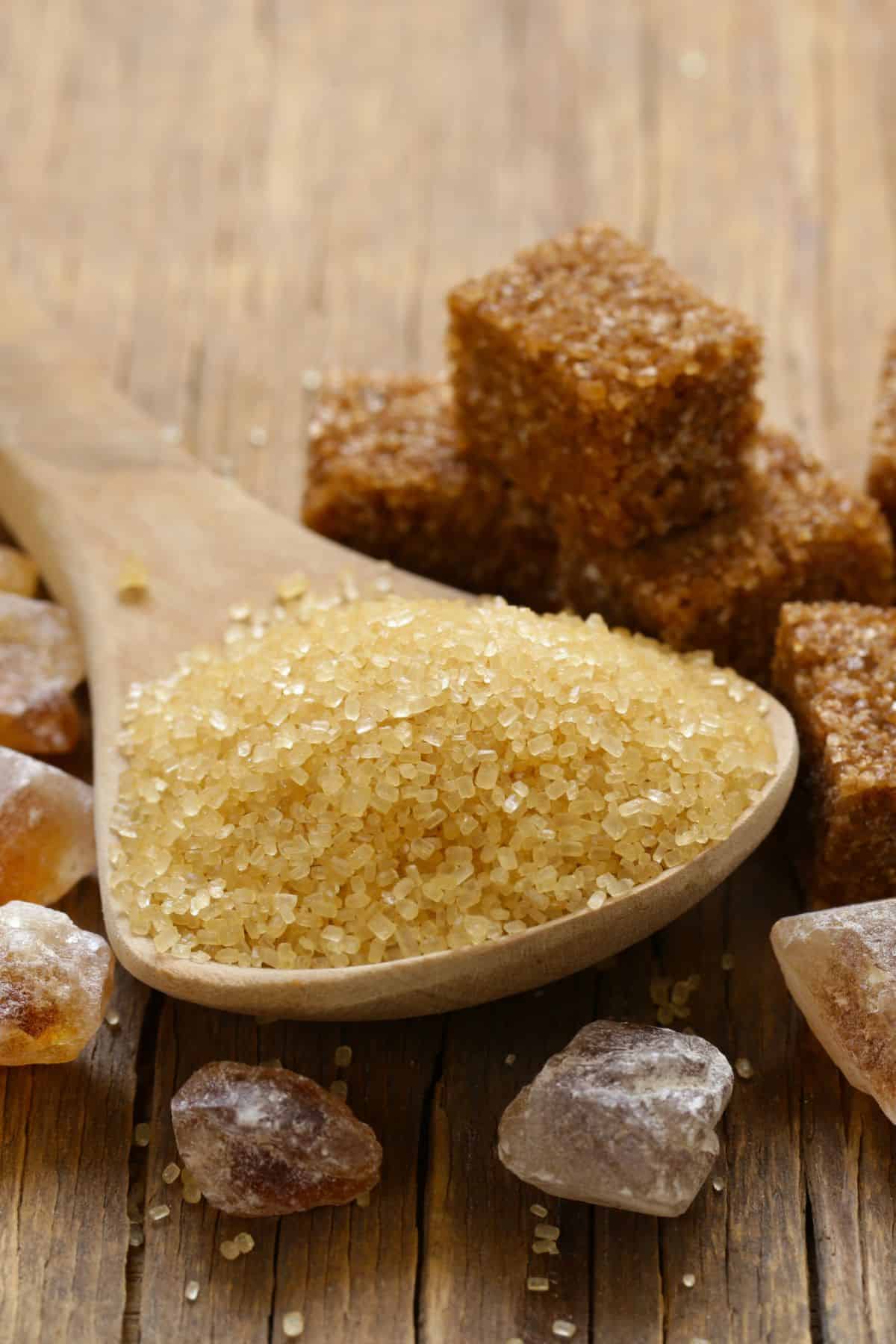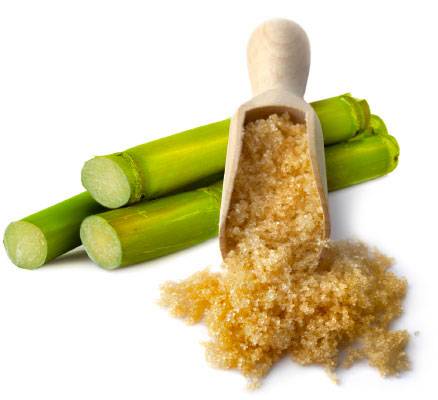The Science Behind Cane Sugar Processing: How Sweet Taste is Fine-tuned
The Science Behind Cane Sugar Processing: How Sweet Taste is Fine-tuned
Blog Article
A Detailed Introduction of the Wellness and Economic Implications of Walking Stick Sugar Handling on Regional Neighborhoods
Cane sugar handling plays a critical function fit the financial landscape of neighborhood communities, using employment chances and boosting secondary sectors. Nevertheless, the health ramifications associated with high sugar usage can not be forgotten, as they contribute to rising rates of weight problems and diabetes. This nuanced dynamic invites a crucial evaluation of exactly how communities can optimize financial gains while addressing the pressing health and wellness difficulties they deal with. The exploration of sustainable methods and educational efforts might just hold the secret to integrating these conflicting interests. What approaches might areas execute to accomplish this balance?
Financial Benefits of Cane Sugar Handling
Walking cane sugar handling supplies considerable economic advantages that expand beyond the immediate farming market. The growing and handling of sugarcane produce various task possibilities, from farming to production and circulation. This employment generation not just sustains local economies however also cultivates community growth by giving secure income resources for families.
Furthermore, the sugar industry promotes secondary companies, consisting of transport, equipment supply, and packaging services (Cane Sugar Processing). As these markets grow, they add to a more durable economic structure, improving total community durability. The export capacity of processed walking stick sugar further intensifies economic benefits, placing regions as affordable gamers in global markets
Financial investment in modern-day processing facilities can bring about enhanced productivity and performance, therefore lowering waste and enhancing resource usage. This change not just profits the local economic situation but likewise sustains sustainability initiatives by reducing ecological influences.
Additionally, the income created from walking stick sugar processing can be reinvested in neighborhood infrastructure, education, and health care, promoting alternative area development. In general, the economic benefits of cane sugar handling are complex, supplying a foundation for sustaining success in farming areas.
Wellness Risks Associated With Sugar Intake
Too much sugar usage poses significant wellness dangers that warrant severe interest. High intake of included sugars, particularly from refined beverages and foods, has been linked to many health problems.
In addition, high sugar usage is connected with heart disease. Elevated blood glucose levels can bring about insulin resistance, a precursor to numerous heart-related issues. In addition, sugar can have destructive impacts on dental wellness, causing tooth cavities and gum tissue disease, as microorganisms in the mouth thrive on sugar, creating acids that deteriorate tooth enamel.
Additionally, arising research study recommends a potential link in between high sugar intake and mental health and wellness disorders, such as clinical depression and anxiety. As neighborhoods face these wellness risks, it comes to be vital to promote recognition and encourage healthier dietary choices. Addressing sugar usage is critical not only for private health however additionally for the overall wellness of neighborhood communities, emphasizing the need for thorough public health methods.
Ecological Influences of Sugar Production
Often ignored in conversations regarding sugar's effects is the considerable ecological effect of sugar manufacturing. The growing of sugarcane typically requires substantial land usage, bring about deforestation, loss of biodiversity, and disruption of neighborhood communities. The conversion of woodlands and marshes right into sugar haciendas can lead to environment destruction, harmful countless types and modifying eco-friendly equilibrium.
Additionally, sugar production is resource-intensive, consuming substantial amounts of water for irrigation. This can result in depletion of neighborhood water sources, negatively influencing both farming techniques and area access to clean water. In addition, the use of chemical plant foods and chemicals in sugarcane farming can contribute to soil degradation and water air pollution, as overflow from these chemicals enters nearby rivers and lakes, impacting aquatic life and human wellness.
The environmental impact reaches the handling phase, where power usage and waste generation additional exacerbate eco-friendly worries. Air air pollution from shedding sugarcane fields, along with greenhouse gas exhausts, add to climate adjustment. Because of this, the ecological effects of sugar manufacturing warrant major factor to consider, prompting stakeholders to embrace more lasting practices to mitigate these negative effects on neighborhood communities and areas.
Job Production and Community Development
The environmental obstacles positioned by sugar production are commonly reversed by its potential for financial advantages, especially in job development and neighborhood advancement. The cane sugar sector serves as a considerable source of work in several backwoods, providing tasks across numerous skill degrees, from farming labor to handling and circulation functions. This employment not only sustains individual family members but also contributes to the total financial vigor of regional neighborhoods.
Additionally, the establishment of sugar handling centers promotes secondary organizations, such as transport solutions, equipment supply, and upkeep service providers. As these services grow, they create additional jobs and bolster local economic climates. The profits generated from the sugar market additionally causes raised tax obligation profits, which can be reinvested right into area solutions such as health care, education and learning, and infrastructure development.
In addition, the sugar industry often engages in area advancement initiatives, such as sustaining regional institutions and wellness programs, thus improving the top quality of life for citizens. By fostering strong neighborhood ties and advertising financial development, the walking cane sugar processing field plays a vital role in uplifting local populaces, making it an important component of lasting advancement techniques in sugar-producing regions.
Balancing Health And Wellness and Economic Development
In browsing the intricacies of cane sugar processing, a crucial obstacle his explanation lies in stabilizing health factors to consider with economic growth. The sugar market dramatically adds to neighborhood economies by generating tasks, boosting relevant fields, and enhancing tax incomes. Nonetheless, the wellness effects related to extreme sugar intake can bring about chronic illness such as obesity, diabetes mellitus, and cardio problems, which can concern public health systems and diminish workforce performance.

In addition, governing frameworks can play a pivotal duty in directing industry techniques in the direction of even more sustainable and health-conscious techniques. By discover this promoting collaboration in between government bodies, wellness organizations, and the sugar market, neighborhoods can navigate the dichotomy of health and wellness and financial growth, guaranteeing that the benefits of cane sugar handling are equitably shared while prioritizing public health.
Conclusion
Finally, the handling of walking stick sugar provides both significant economic benefits and noteworthy health dangers for local areas. While it fosters work development and stimulates regional growth, the connected wellness concerns, especially concerning weight problems and diabetes, necessitate a careful balancing act. By advertising accountable intake and investing in community education and learning and lasting practices, it is feasible to maximize economic advantages while decreasing check this damaging health and wellness results, consequently guaranteeing a much healthier future for neighborhood populations.
Additionally, sugar can have damaging impacts on dental health and wellness, resulting in tooth cavities and gum tissue disease, as germs in the mouth thrive on sugar, generating acids that erode tooth enamel.
Resolving sugar consumption is vital not only for specific wellness yet also for the general health of regional neighborhoods, highlighting the requirement for detailed public health and wellness approaches.
Often forgotten in conversations about sugar's implications is the considerable ecological impact of sugar production. The health and wellness effects connected with excessive sugar intake can lead to chronic conditions such as excessive weight, diabetic issues, and cardiovascular concerns, which can problem public wellness systems and decrease workforce efficiency.

Report this page